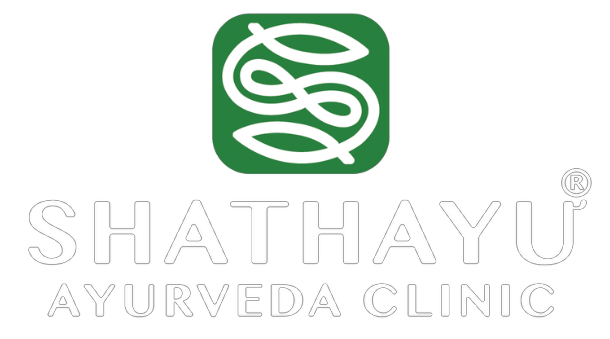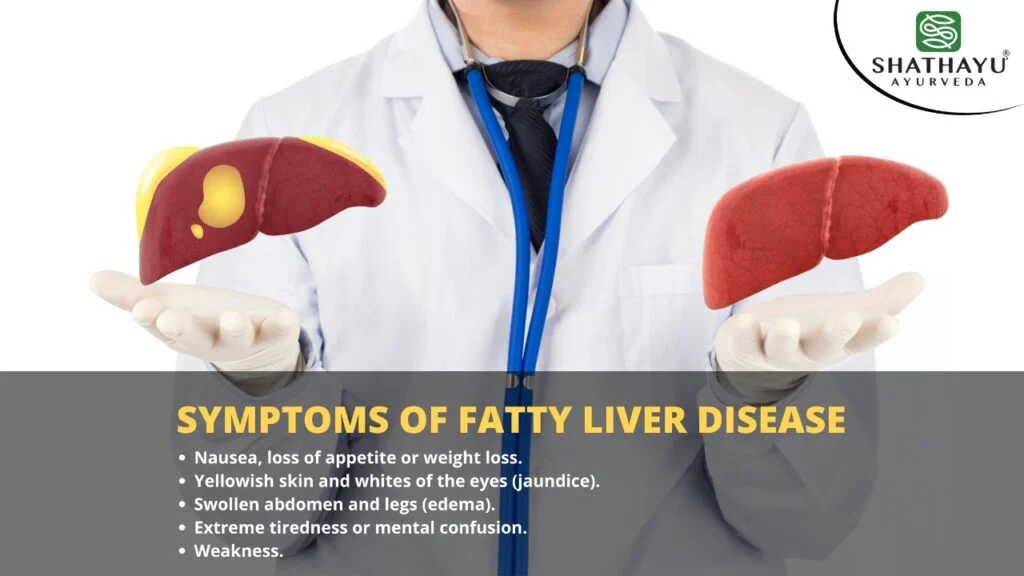The liver is considered as the body’s most important organ, as it is responsible for filtration, metabolism, detoxification, and other vital functions. Now a days more number of people are having nonalcoholic fatty liver diseases (NAFLD) associated with Obesity, Type 2 Diabetes, Dyslipidaemia,PCOS and the Metabolic Syndrome.
Lets understand the Organ Liver
The liver is the body’s largest gland and heaviest organ. It is a highly vascular organ that receives approximately 30% of resting cardiac output. The liver is the organ in which virtually all nutritional substances are metabolised. Because the liver is so important in fat metabolism, it is the most common site for fat accumulation. Depending on the cause and extent of the accumulation, fatty change can be mild and reversible or severe, resulting in irreversible cell injury and cell death. Fatty liver is caused by disruptions in lipid metabolism in the liver caused by a variety of etiological factors.
What is Fatty Liver?
Fatty liver is an abnormal accumulation of certain fats (triglycerides) inside liver cells. Fatty liver is a reversible condition in which large amounts of fat accumulate in liver cells due to the steatosis process. Fatty liver occurs when the fat content of the liver exceeds 5% of the total weight of the liver or more than 30% of the liver cells.
There are two main forms of fatty liver disease
Alcoholic liver disease
Alcoholic fatty liver is the accumulation of fat in the liver as a result of heavy drinking
Nonalcoholic fatty liver disease (NAFLD)
Fatty liver due to any condition except consumption of large amounts of alcohol is called non-alcoholic fatty liver disease (NAFLD).
NAFLD is most common in people who have at least one of the following components of metabolic syndrome:
- Obesity or excess body weight
- High fat levels in the blood (triglyceride and cholesterol)
Insulin resistance
- NAFLD-related liver inflammation is known as non-alcoholic steatohepatitis (NASH).
Fatty Liver Causes
The most common causes of fatty liver are:
- excessive alcohol consumption
- obesity
- metabolic abnormalities such as excess body weight, insulin resistance, and high levels of fats (triglycerides and cholesterol) in the blood
- Certain medications, such as corticosteroids, tamoxifen, and chemotherapy drugs;
- Hereditary metabolic disorders
The combination of excess body weight, insulin resistance, and high triglyceride levels is called Metabolic Syndrome. All of these conditions cause fat to accumulate in liver cells by increasing fat synthesis or slowing fat processing and excretion. As a result, fat builds up and is stored within liver cells. A high-fat diet alone will not result in fatty liver.
What are the symptoms of fatty liver disease?
People with fatty liver disease often have no symptoms until the disease progresses to cirrhosis of the liver. If you do have symptoms,
- Abdominal pain or a feeling of fullness in the upper right side of the abdomen.
- Nausea, loss of appetite.
- Swollen abdomen and legs (edema).
- Extreme tiredness or mental confusion.
- Associated symptoms of PCOS , insulin resistance or hormonal imbalance in women
- Associated Hyperlipidaemia
Complications of fatty liver disease
Fatty liver disease doesn’t cause major problems for most people. However, it can turn into a more serious problem if it progresses into cirrhosis of the liver. Untreated cirrhosis of the liver eventually leads to liver failure or liver cancer.
The problem occurs when you have fatty liver with obesity , high cholesterol levels , high BP , or PCOS or hormonal imbalance ! together they can cause metabolic syndrome.
Fatty Liver Treatment
The goal of fatty liver treatment is to reduce or eliminate the cause of fatty liver. People should, for example, Quit drinking alcohol, stop fatty food, Stop using any prescription that could cause fatty liver , Lose weight ,Control diabetes or lower triglyceride levels etc.
A 5% reduction in body weight can lower liver fat content, a 7% reduction can reduce inflammation and nonalcoholic steatohepatitis, and a 10% reduction can help reverse scarring and fibrosis.
Ayurveda Treatment for Fatty Liver
Ayurveda known for its safe and effective medication has a great potential in treating Fatty Liver .
Virechana being the most suitable Detox-Shodhana Karma is indicated in liver disorders in Bahu Doshavastha and Srotorodha.Also effective and safe Hepatoprotective herbs to treat any kind of liver disease.
When Fatty Liver progresses to next stage and Dhatus get involved, treatment should be directed towards Prasadana of Rasa and Rakta and also Yakritshothahara Chikitsa.
Importance of Guda Ardraka Yoga, Gomutra Haritaki Prayoga In fatty liver disease is explained in ayurveda classics.
Various Ayurveda formulations for Fatty liver are mentioned in classical texts which can widely be used for this purpose like Pippali Churna, Patoladi Churna, Mahasudarshana Churna, Rohitaka choorna , Agnitundi Vati, Arogyavardhini Vati, Patola katurohinyadi Kashaya, Rohitakarishta, Pippalyasava, Kumaryasava, Kalameghasava, Yakrit-Plihari Loha and many more can be taken consulting Ayurveda physician
Food that Must be included in Fatty liver
Ayurveda suggests certain types of food which are extremely important to add to the diet of Fatty liver patients. Vegetables which are bitter in taste, astringent, and light to digest are good for fatty liver cases
- Kulattha (Horsegram)
- Mudga( green Gram )
- Yava (Barley)
- Takra ( Butter Milk )
- Rasona(Garlic)
- Ardraka( Ginger)
- Shigru phala( Drum stick)
- Laghu tikta Deepana (Bitter gourd, Methi leaves, curry leaves etc)
Foods to Be Avoided in Fatty liver
- Refined carbohydrates like white rice, white bread, noodles, and pasta to be removed from the person’s diet.
- Processed junk foods contain excess greasy fats and thus needs to be removed. Breakfast cereals are also processed highly and should be avoided. Likewise, baked goods like cakes, cookies, scones, puff pastry, etc., require excess fats for baking purposes and needs to be eliminated by the sufferer.
- Deep fried sweet and savories also to be avoided by the person. Meat, especially red meats like lamb, pork and beef, and meat products that contain animal fats needs to be avoided.
- Dairy rich products like cheese, butter, margarine, mayonnaise, ice-creams and fruit yogurt also to be avoided
Foods to Promote Healthy Liver
- Whole grains like brown rice, whole wheat, rye, and oats to be made part of the person’s regular diet. Organic fruits and vegetables that are rich in fiber will benefit a fatty liver sufferer.
- If meat cannot be avoided, the person will need to switch to fat-trimmed meats and chicken. Seafood like prawn, salmon, sardine, tuna, etc. which are rich in essential fatty acids may also be consumed by the sufferer.
- For regular cooking, oils that contain omega-3 fatty acids are recommended for the sufferer. The best choice would be cold-pressed olive oil.

